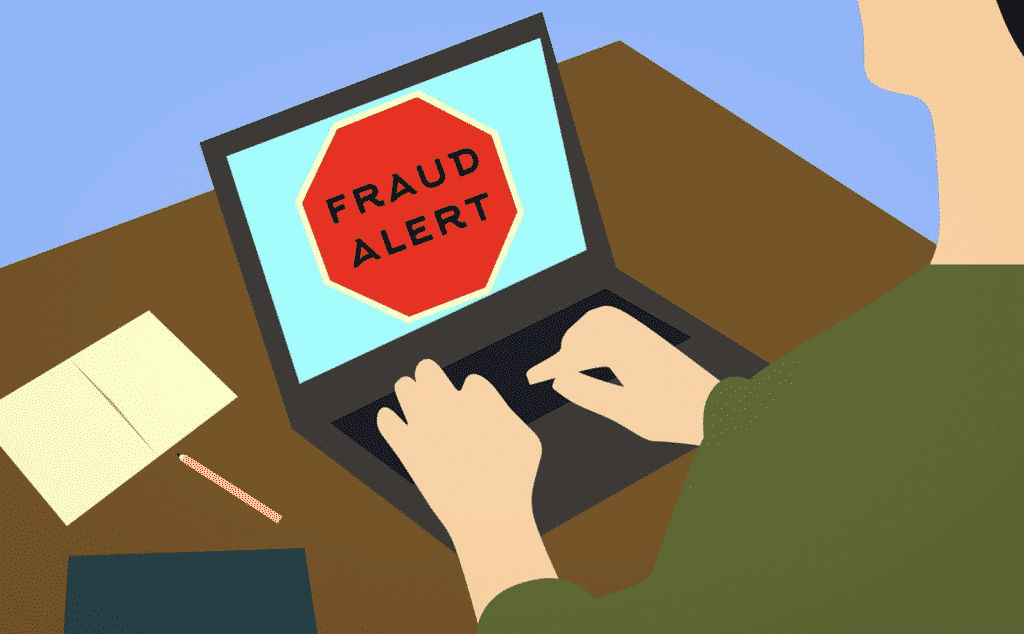Surf the Web with Confidence!
There is so much to see online. Every time we turn on our PCs, Macs or mobiles, it’s a sensory overload waiting to happen. That’s because the moment we power up, we’re opening a portal between ourselves and the world wide web. It’s a jungle out there. There are good and bad actors – but safety is sacrosanct.
We have to protect ourselves from the nefarious advances of hackers, bots, malware, trojans, viruses, ransomware, and other online threats. Sometimes, it’s not even threats we face – it’s annoying distractions like popup overlays. That’s why we need tools like a blocker website, popup blocker, VPN, Adblocker, and other good stuff!
Today we’re going to provide you with seven failsafe tips to guarantee a better browsing experience. Get ready for stress-free Internet sessions.
1. Get a Good Antivirus
This is the first and most important thing you can do for your browsing peace of mind. A good antivirus will protect you from all kinds of malware, phishing attempts, and other online threats. It will also save you the annoyance of intrusive pop-ups. We recommend Bitdefender Total Security or Norton 360 Deluxe. They’re both excellent choices that will give you comprehensive protection against all kinds of online threats.
2. Adblockers Are Effective
Ads are one of the most annoying things about browsing the web. They’re obtrusive, they get in the way, and they can be malicious. That’s why we recommend using an adblocker. Adblockers are browser extensions that block ads from loading on websites. We recommend picking a well-respected adblocker with great customer reviews. Most adblockers are free and they’re highly effective at blocking annoying overlays, pop-ups and ads.
3. Use a Privacy-Focused Blocker Website
Your browser knows a lot about you – even more than your antivirus does. That’s because browsers track your activity and collect data about your browsing habits. If privacy is a concern for you, we recommend using a privacy-focused blocker website like Poper Blocker. It is designed with privacy in mind and it won’t track your activity or collect data about your browsing habits. Say goodbye to annoying popups, banner ads, and display ads too.
4. Use a VPN
A VPN (a virtual private network) encrypts your traffic and routes it through a server in another location. This gives you two main benefits: it protects your privacy by making it difficult for anyone to track your activity, and it allows you to access geo-blocked content (like Netflix). We recommend ExpressVPN or NordVPN – they’re both excellent choices that offer fast speeds and strong security features.
5. Use a Password Manager
A password manager is a tool that stores all your passwords in one place and generates strong passwords for you automatically. This is useful because it means you only have to remember one master password – the password manager takes care of the rest. It also means you don’t have to use weak passwords because the password manager will generate strong passwords for you automatically. We recommend LastPass or Dashlane – they’re both excellent choices that offer free and premium plans depending on your needs.
6. Use Two-Factor Authentication
Two-factor authentication (2FA) adds an extra layer of security to your accounts by requiring you to enter a code from your mobile phone in addition to your password when logging in. This makes it much harder for someone to hack into your account because they would need access to both your password and your mobile phone. We recommend using Google Authenticator or Authy – they’re both excellent choices that work with most major websites and services.
7. Disable Flash Player
Adobe Flash Player is a software program that allows websites to display animations, videos, games, etc. However, Flash Player has been discontinued by Adobe due to security concerns. This means that if you have Flash Player installed on your computer, it could be exploited by hackers. For this reason, we recommend disabling Flash Player altogether. You can do this by going into the settings menu in your web browser and finding the “Flash Player” section.
That’s it – these 7 tips will help smooth out your browsing sessions with minimal distractions and no threats. Enjoy the web with a newfound sense of relief!
